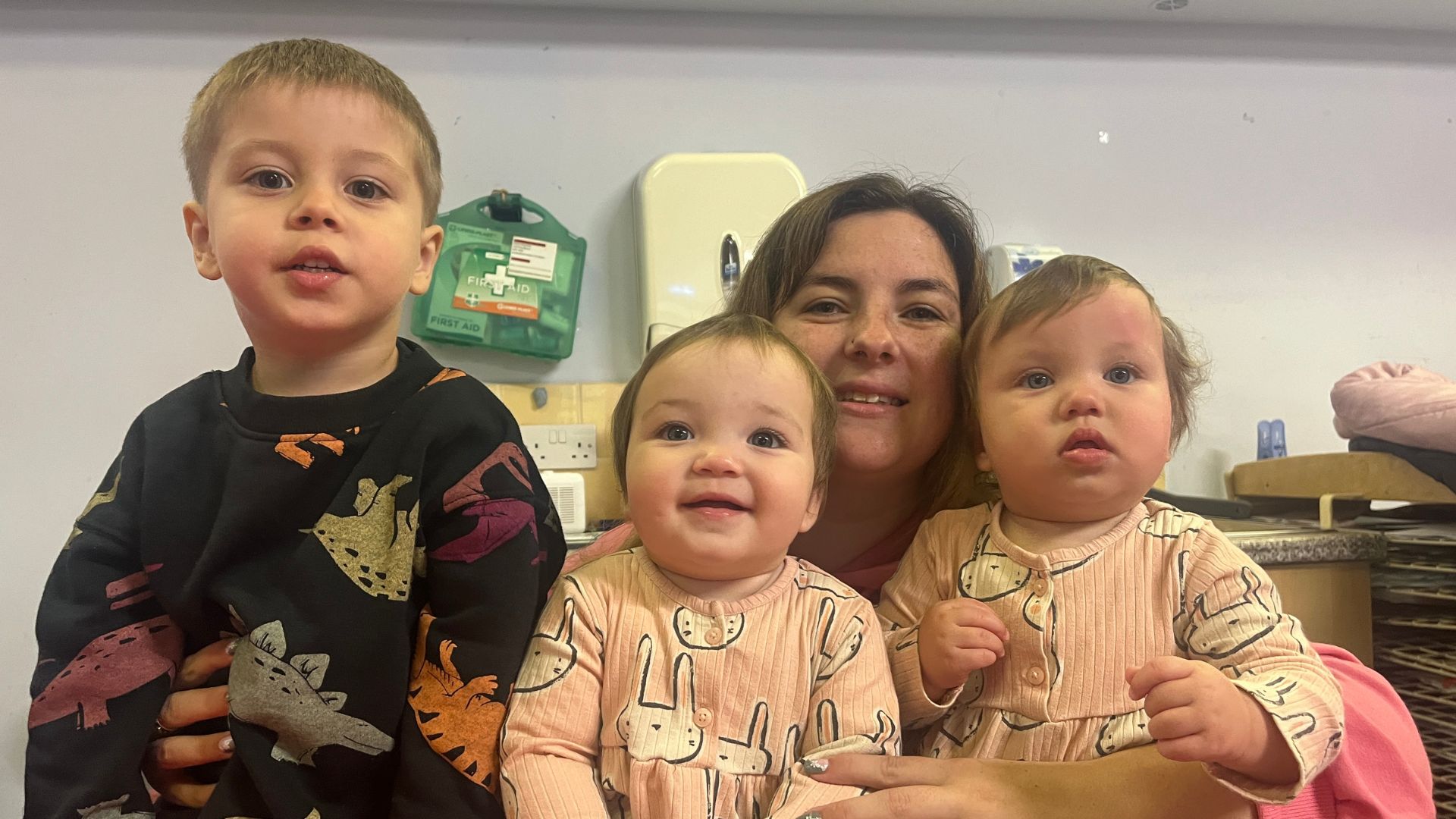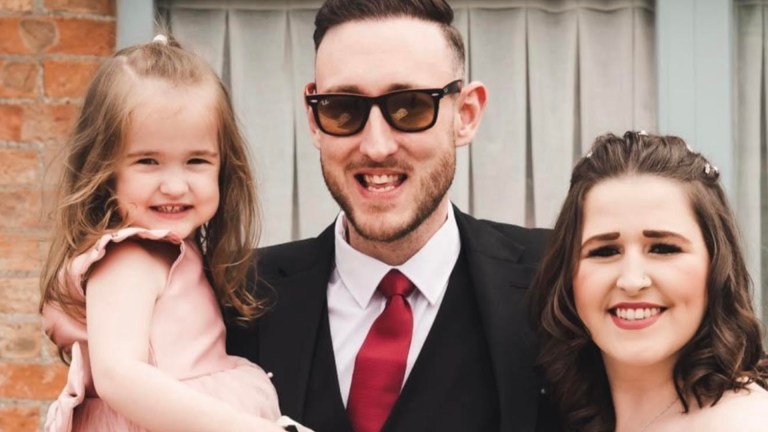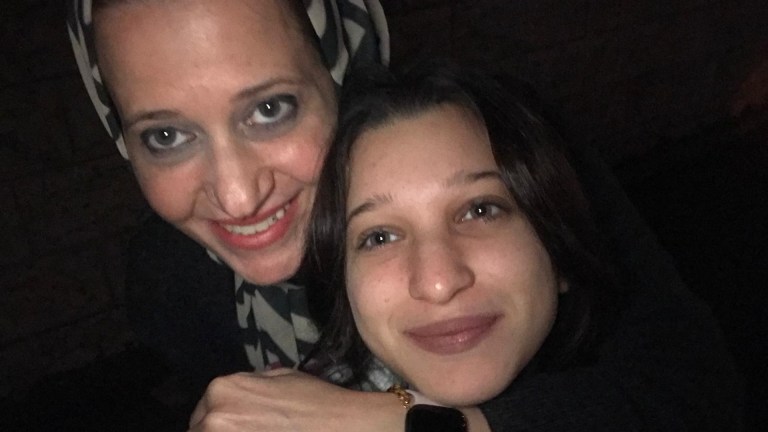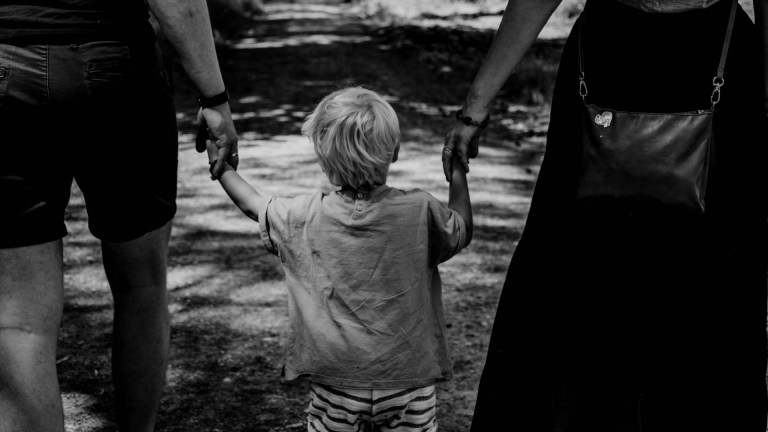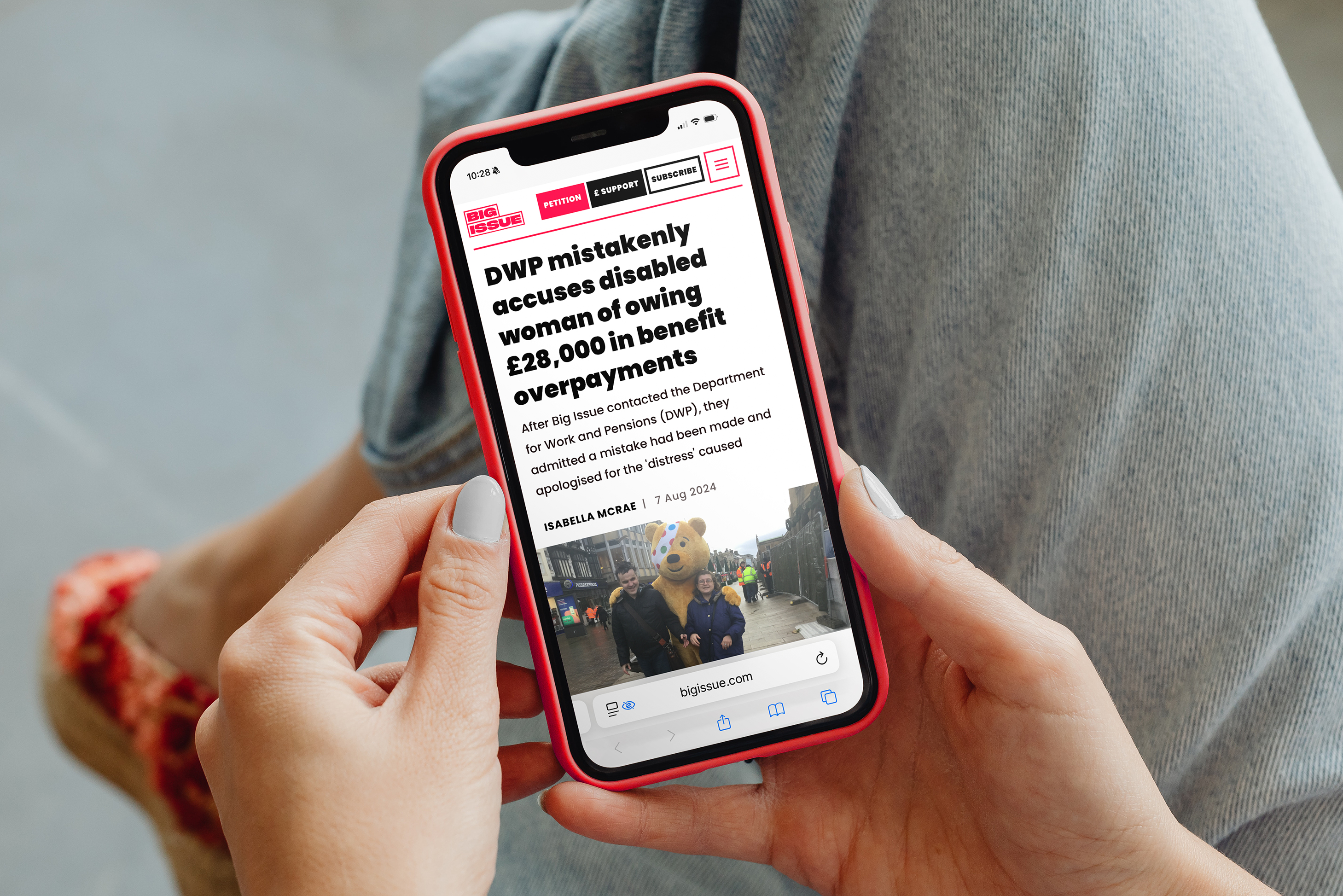Kelly is one of the nearly 8,000 parents served every quarter by four Peterborough early years hubs. Opened as a Sure Start centres in 2007, Honeyhill stayed open even as nine surrounding centres were shuttered by a series of brutal austerity-era funding cuts. Now, it’s been rebranded as a ‘family hub’ – a one-stop centre offering everything from playgroups and parenting support to health checks and childcare advice. Keir Starmer’s Labour government hopes to replicate the model around the country.
Looking around, the Barnado’s-run centre is a picture of successful community support. But it is struggling, staff say, to meet the challenges of deepening and worsening child poverty.
Some 4.5 million children in the UK live below the poverty line, 3.1 million of whom live in “deep poverty”.
“Poverty levels are higher, attainment levels are lower, than ten years ago,” says Sherrie Bosett, community development and participation team manager for Peterborough and Cambridgeshire. “A bigger cohort of families are struggling.”
Her colleague Lynn McNish – strategic children’s services manager for the area – agrees. “It’s remarkably different. You didn’t see poverty like you do now. You didn’t see people coming in and going, I’ve got nothing in the cupboards. You didn’t see people saying, ‘I can’t pay my gas or the electric’ – well, not to the level we do now.”
According to the Child Poverty Action Group (CPAG), 48% of all UK children in poverty were in families with a youngest child aged under five – the cohort served by family hubs.
Advertising helps fund Big Issue’s mission to end poverty
Around 90% of the brain develops before the age of five, making it a crucial period for the development of social, emotional and cognitive skills. Two-fifths of the disadvantage gap among children at age 16 is already there by age five.
“Starting behind in the early years means staying behind,” warns an OECD report from 2020. “The most effective investment governments can make to enhance education and later life outcomes is to provide a strong start in children’s early years.”
For the children born during Covid, attainment gaps are particularly acute.
“Pre-Covid, they say in the first two years of a child’s life, they would come into contact with about 300 different people and 300 different voices, and that shrunk to five,” explains Bosett. “In Covid, they weren’t getting that stimulation, they weren’t getting to come to universal sessions and mix with other children, they probably only saw their parents and their grandparents for the first year of their life, maybe two.”
Children born during the first years of the pandemic are now starting school. That lack of early years stimulation has taken a serious toll.
“The children coming into reception now are often not toilet trained,” Bosett says. “Can’t hold a knife and fork, have no fine and gross motor skills, can’t interact with other children, can’t put their shoes on or dress themselves.”
Advertising helps fund Big Issue’s mission to end poverty
In the lead up to last year’s general election, Labour made early years education a key plank of its manifesto, pledging more hours of funded childcare for working parents, and establishing breakfast clubs and school-based nurseries.
But earlier this year, education secretary Bridget Phillipson acknowledged the need to go ‘further and faster’, promising to accelerate a roll out of family hubs. There will be 1,000 family hubs across England by 2028 – at least one in every local authority – backed by £500 million in investment.
Like Sure Start before them, the hubs will offer a range of wraparound services in a single location: parenting support, early education, breakfast clubs, speech and language therapy, mental health services and developmental health checks.
The scale of the problem is huge, says Lynn Perry, CEO of children’s charity Barnardo’s. Barnardo’s runs 87 family hubs in the UK, including Honeyhill, supporting 200,000 children per year.
“A third of our children are growing up in poverty; meanwhile increasing numbers are struggling with their mental health, arriving at school without the necessary skills to manage in the classroom and are entering the care system,” Perry said.
“If the government is serious about its mission to break down barriers for a generation of children, it must use the upcoming child poverty strategy to commit to a network of family hubs for every community. We also need to see an end to both the two-child limit on benefit payments and the benefit cap.”
Advertising helps fund Big Issue’s mission to end poverty
The two-child limit prevents most families from claiming means-tested benefits for any third or additional children born after April 2017. When it comes to child poverty, it is the elephant in the room
Scrapping the two-child limit is estimated to immediately lift 350,000 children out of poverty, while a further 700,000 children would be in less deep poverty, according to CPAG.
CPAG also reported that 300,000 children would be living in less deep poverty if the government scrapped it.
The government is reportedly mulling over changes to the limit, with ministers hinting that it could be reformed in the November budget.
Anything that would reduce surging poverty levels would help, staff at Honeyhill say. So too would additional funding for the centres.
Bosett welcomes the government’s new funding commitment for family hubs, but she has her reservations.
Advertising helps fund Big Issue’s mission to end poverty
“How that will go funding wise, I don’t know. I mean, certainly, Sure Start was cash rich. In 2006 when first steps opened, we had as much money for that one centre as we now have for four,” she said.
“And yet we’re expected to provide the same level of service, the same quality of service.”
Back in the room with the toddlers, the parents and carers all speak of the centre in glowing terms. It’s “brilliant”, says Sandra, grandmother to Lily. “She loves it, they get to play, they get a story, the people who run it always come and have a chat to you.
“You can’t afford to take them out to be spending all the time, so this is really good.”
Two-year old Omar was getting “really distressed” at nursery. But this has helped him “learn to socialise”, says mum Rabia. “We come to a session pretty much every day. It’s really helped his confidence.”
The sessions are doubtless extremely popular. But the biggest challenge is “funding, always funding”, McNish says. “Local authorities are struggling as well in terms of their budgets, and it’s difficult. Everything is so expensive, families are struggling with providing food and fuel.”
Advertising helps fund Big Issue’s mission to end poverty
“There’s more we want to do for families but it’s a resources issue.”
With the session drawing to a close, Kelly scoops up her twin babies. I ask her what she would say to politicians drawing up plans for family hubs. She laughs.
“I mean, give them more” she says. “They do loads. And they want to do more.”
Do you have a story to tell or opinions to share about this? Get in touch and tell us more.
Change a vendor’s life this Christmas.
Buy from your local Big Issue vendor every week – or support online with a vendor support kit or a subscription – and help people work their way out of poverty with dignity.
Advertising helps fund Big Issue’s mission to end poverty
